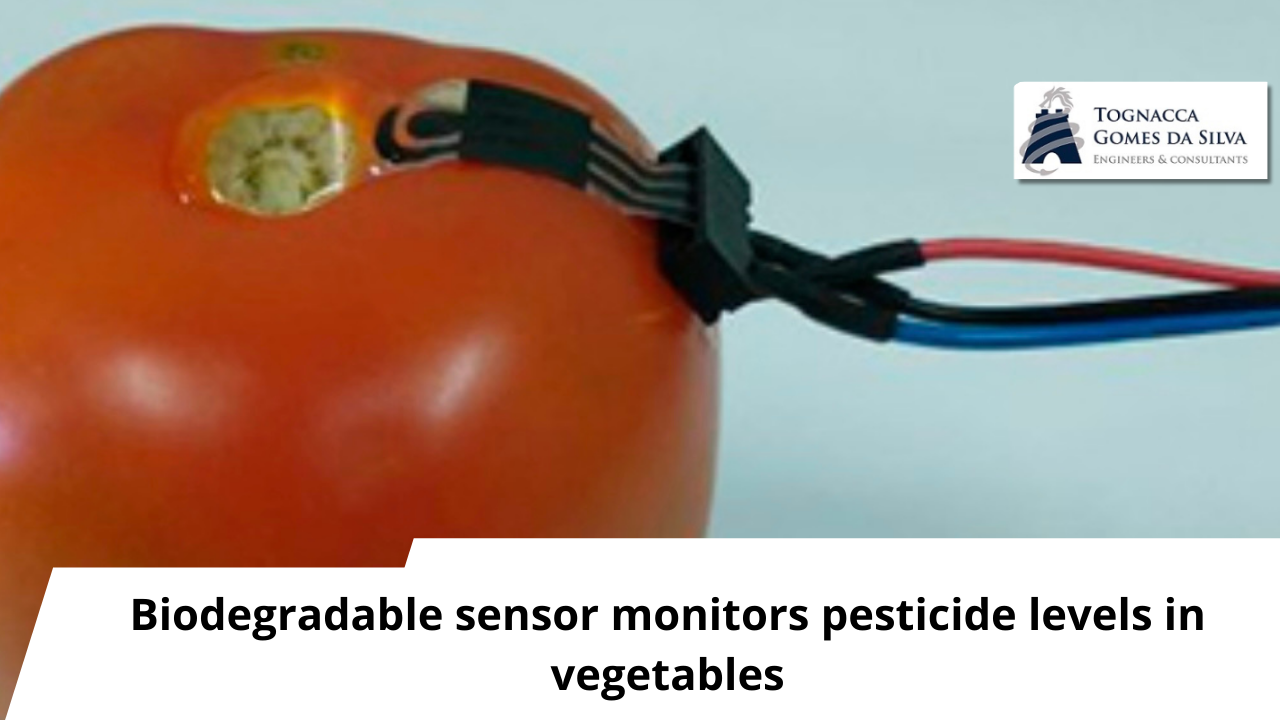To ensure the quality and safety of food, researchers from the University of São Paulo (USP) and the University of Viçosa (UFV) developed a biodegradable sensor, made with a material obtained from wood pulp, which monitors the levels of pesticides in vegetables.
According to information from Agência FAPESP, the cellulose acetate sheets that make up the device were produced using the casting method, in which the material is placed in a space with the appropriate shape, and the Complete three-electrode sensing was fabricated by screen printing.
“Alternatively, electrochemical sensors can combine cost-effectiveness, rapid detection, miniaturization, large-scale production, convenience, practicality, high selectivity and on-site pesticide detection, enabling analysis directly on the skin and leaves of food with wearable sensors on plants – and that’s what we did”, says Paulo Augusto Raymundo Pereira, researcher at the São Carlos Physics Institute (IFSC-USP) and research coordinator.
According to him, the product has a low environmental impact and is capable of completely disintegrating in 340 days, depending on local conditions. Other advantages are low cost, portability and flexibility.
The researchers state in the study, recently published in the journal Biomaterials Advances, that during laboratory tests, a solution containing the pesticides carbendazim and paraquat – the latter banned by the European Union in 2003 due to its harmful effects on humans, but still used in Brazil – was sprayed on lettuce leaves and tomato skins. After being attached to the surfaces of the food, the sensor took a measurement that, according to them, was compatible with that of a polyethylene terephthalate sensor, the most commonly used raw material.
( source:digital agro Katiuscia Mizokami )



